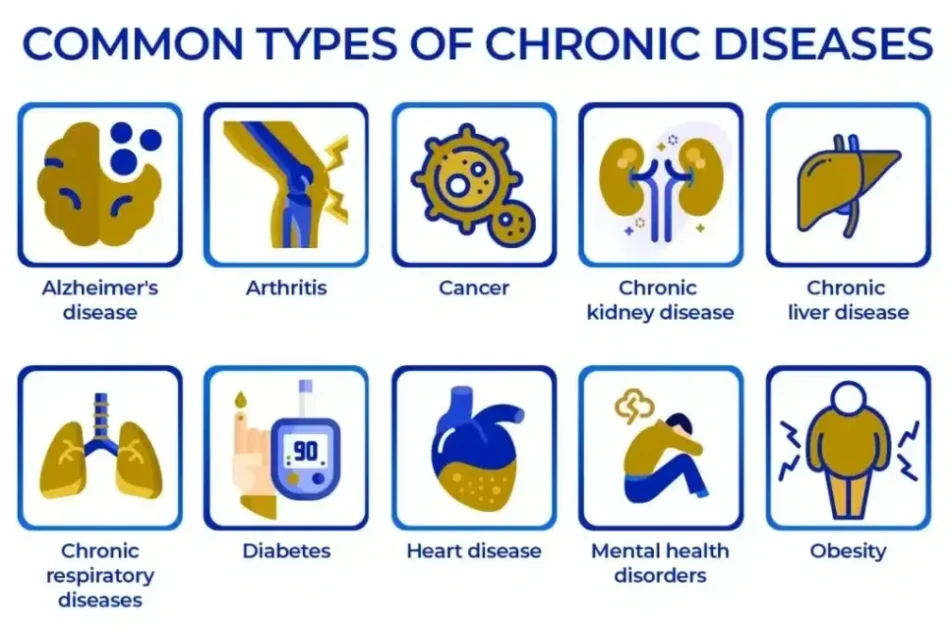As we are in the last quarter of 2022, now is a great time to review and finish up the year stronger financially!
Review and maximize annual contributions to Health Savings Accounts, IRA’s, Roth IRA’s and employer sponsored plans:
- HSA Limits:
- Single $3,650
- Family $7,300
- +$1,000 catch-up for those older than age 55
- IRA/IRA Roth Limits $6,000 +1,000 catch-up for those older than age 50
- 401(k)/403(b)/457/SARSEPS Limits $20,500 +6,500 catch-up for those older than age 50
Fulfill Required Minimum Distributions (RMDs) on all Inherited IRA’s, traditional IRA’s, employer plans and qualified accounts. This is an important part of most people’s retirement income plan with strict rules, formulas and timing considerations, be sure you have completed these correctly.
- Inherited IRA RMDs can be tricky, so check with your financial advisor to be sure you are clear on your requirements
- Traditional IRA RMDs must be fulfilled annually for those over age 72
Complete a tax analysis with your advisor or meet with a tax professional to evaluate your tax liability and confirm your federal and state withholding (if not making quarterly estimated payments)
- Review charitable gifting plans to family and organizations:
- Annual gift tax exclusion is $16,000 per person per recipient (a married couple could gift up to $32,000 to an individual)
- Qualified Charitable Donations (QCD’s) after age 70 1/2 taken from IRA’s are not taxable and fulfill RMD requirements
- Consider a bunching strategy for gifting money or securities to organizations for this year and the next which could increase your itemized deductions this year; versus using the standard deduction every year
Evaluate estate planning documents for any needed changes and consider having a family wealth discussion with the need-to-know appointed agents, executors, and trustees
- Be sure the involved parties are able and willing to perform their responsibilities and know where to find your important papers
- Take time to explain the nuances of your plan and your final wishes so everyone has confidence in its execution
- If amendments or modifications are needed, contact an attorney
Clean out Files and Start Planning for Next Year
- Purge and shred old files – keep most recent statements
- IRS only requires you to keep tax files for 7 years at the most
- Begin a Tax Folder for 2022 and be ready when 1099’s and other important tax documents start arriving
Ready to start 2023 off strong? Check out our article What to Expect in 2023 to begin planning ahead!





